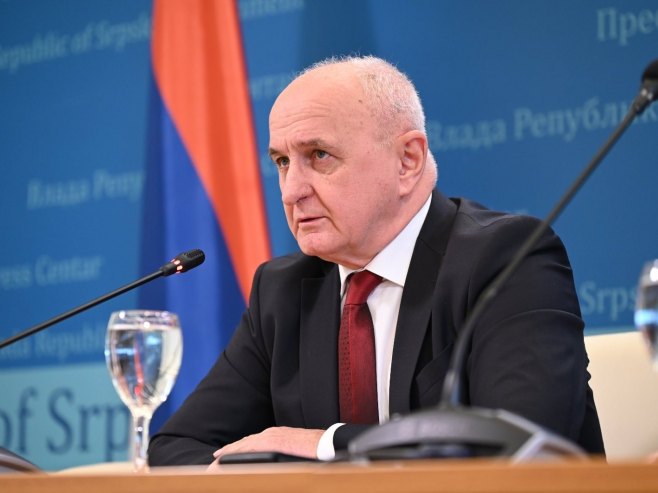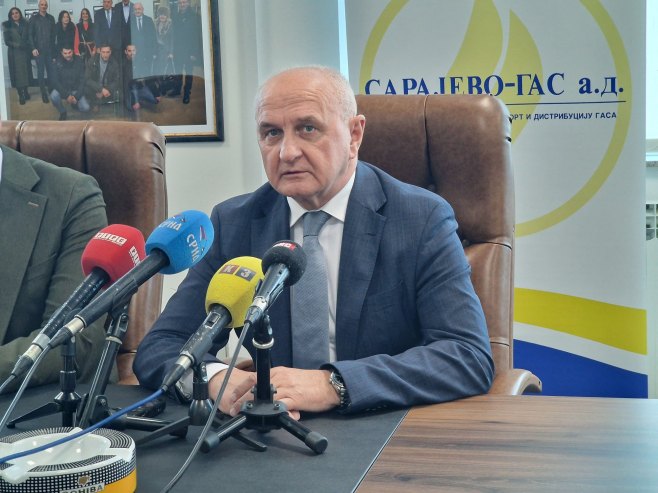Professor of constitutional law, Siniša Karan, stated that Republika Srpska, in the process of creating the newly formed state community of Bosnia and Herzegovina (BiH), contributed its overall state-legal capacity, including the capacity of its property, so that BiH only has the property on the territory of Republika Srpska that Srpska allows it to use and manage.
“The Constitution of BiH does not in any way indicate what is considered ‘state property.’ The term ‘state property’ is not mentioned at all, neither by that nor by any other name,” Karan emphasized, responding to SRNA’s question to comment on the claims of the US Embassy that “property belongs to the state, not the entities,” referring to statements by Deputy Secretary of State James O’Brien, and not to the Dayton Agreement.
The professor of constitutional law pointed out the key provision defined by the Constitution of BiH, which states that state property falls under the jurisdiction of the entities – a general clause or presumption of competence in favor of the entities, as a key feature of the federal principle of division of competencies in every complex state in the world, including BiH.
He explained that among the listed issues falling under the jurisdiction of BiH institutions, there is none indicating jurisdiction over “state property.”
“Since the authority over ‘state property’ is not ‘explicitly given’ to BiH institutions by the Constitution, in accordance with Article III(3), the authority over state property belongs to the entities, and I emphasize – BiH institutions could eventually own property used primarily for functions and powers explicitly given to the BiH level by the Constitution, but only with the authorization of the entities,” Karan stressed.
He pointed out that some other annexes of the Dayton Agreement support this claim and cited:
“Annex 9 of the Dayton Agreement is an agreement between Republika Srpska and the Federation of BiH on the establishment of a public transport company for ‘organizing and operating transport capacities such as roads, railways, and ports, for their mutual benefit’;
Annex 8 of the Dayton Agreement regulates the formation of a joint inter-entity commission for the preservation of national monuments, whose mandate is to determine as a national monument ‘movable and immovable property of great importance to a group of people with common cultural, historical, religious, and ethnic heritage, such as monuments of architecture, art or history, archaeological sites, groups of buildings, and cemeteries'”.
Karan explained that Annex 8 states: “The entity on whose territory the property is located, (a) will strive to take appropriate legal, scientific, technical, administrative, and financial measures necessary for the protection, conservation, presentation, and rehabilitation of the property, and (b) will refrain from any deliberate measures that could damage the property.”
“Therefore, Annex 8 of the Dayton Agreement clearly envisages that the entities have exclusive jurisdiction over matters concerning property. Unconstitutional transformation of the constitutional structure of BiH or transfer of competencies leading to one goal – a unitary BiH – cannot be allowed. That experiment will not succeed because they are acting against the Constitution and the Dayton Agreement!” Karan stated in an interview with SRNA.
He reiterated the fundamentally important truth, which is that BiH has no property.
“Property belongs to the entities, and all natural and public goods located on the territory of the entities exclusively belong to them,” Karan concluded.
Source: RTRS









